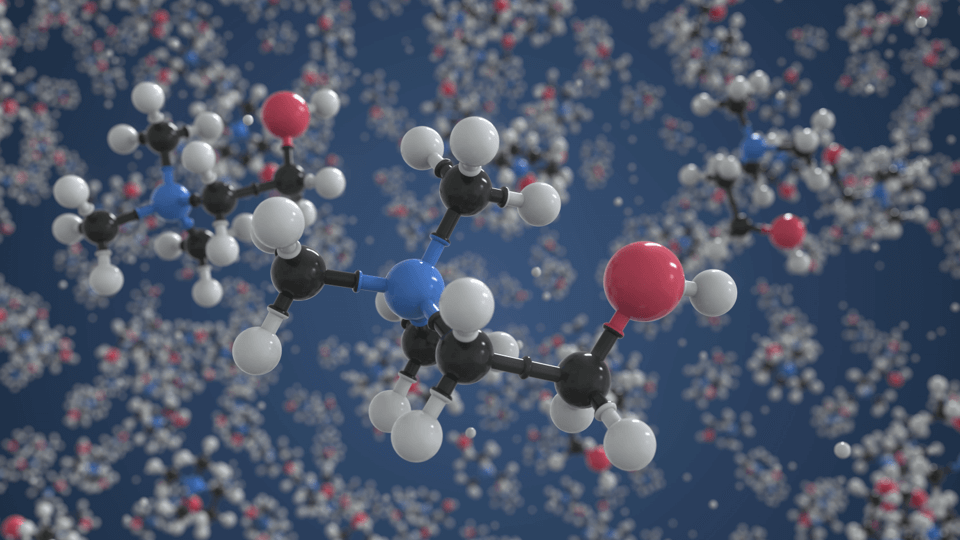
Choline is one of those multipotent nutrients that allows other metabolic pathways to express their full potential. What are its benefits and limitations?
An essential nutrient
Choline is defined as an essential nutrient for dogs and cats. It is required for neurotransmission, cell signalling, lipid transport and metabolism, as well as cell membrane structure and integrity. Choline is present in meat, eggs, milk, and nuts. Additionally, there is a wide array of supplements often used in complete pet food diets as a source of choline.
Although choline chloride is a commonly used form, it affects the activity of other elements of the premix due to its hygroscopic properties and therefore requires attention. As an alternative, phosphatidylcholine originating from crustacean or herbal sources is being researched.
Optimal choline levels
There is still limited information and research on optimal choline levels. When it comes to cats and dogs, there are minimal requirements for choline defined (NRC, 2006). However, looking more deeply into choline metabolism, it is clear the requirements for choline are challenging to quantify as they are influenced by multiple factors. Also, choline is supplied by various choline-containing molecules aside from free choline – glycerophosphocholine, phosphocholine, and phosphatidylcholine – and the different forms differ in their bioavailability and transport mechanisms.
Moreover, choline can be endogenously synthesised in cats and dogs, though the amount synthesised would be insufficient for daily requirements, which is why additional intake by food is important. Lack of other nutrients, such as methionine, vitamin B12, B6, and folate, would increase requirements for choline, while the presence of betaine may reduce the choline requirement.
Information on the maximum dose of choline is still blurry, as there have been no toxicity studies for choline in cats, while in dogs, studies showed inconsistent results.
Beneficial effects
Research on the benefits of choline supplementation in humans currently focuses on claims associated with supporting brain health and cognition. In its acetylcholine form, choline acts as a neurotransmitter, expressing cholinergic effects involved in signalling muscle movement, learning, memory, and endocrine system regulation. When it comes to choline’s role in the nervous system, limited studies in pets have been performed, but there is anecdotal evidence that choline may have beneficial effects in neurological conditions by supporting the cell structure and the production of neurotransmitters.
Additionally, choline has a significant role in lipid metabolism, and it has been researched for its effect on increasing fatty acid oxidation and efficient fat utilisation. Choline’s role in fat metabolism has been proven beneficial in the case of feline hepatic lipidosis – or fatty liver disease – which is a painful, potentially life-threatening condition, resulting in liver damage or failure. The OVC Pet Nutrition Team from the University of Guelph is currently investigating the role of choline in feline lipid metabolism.
Patience
In short, we will have to be patient as there is still a lot to learn about this multifunctional, exciting nutrient and its role in the health of our pets.
The latest articles

How pet parents will shop for their pets this Christmas
A new survey takes the pulse on holiday shopping trends in the UK, including popular categories and average spending.

General Mills’ pet portfolio posts negative performance
Both revenue and net sales dropped by 4% in the last quarter amid less demand.

Negotiations of new EU rules on sustainable packaging to kick off in 2024
The Council and the Parliament will start the legislative process to design regulations regarding the packaging and packaging waste proposal put forward by the European Commission last year.
Weekly newsletter to stay up-to-date
Discover what’s happening in the pet industry. Get the must-read stories and insights in your inbox.